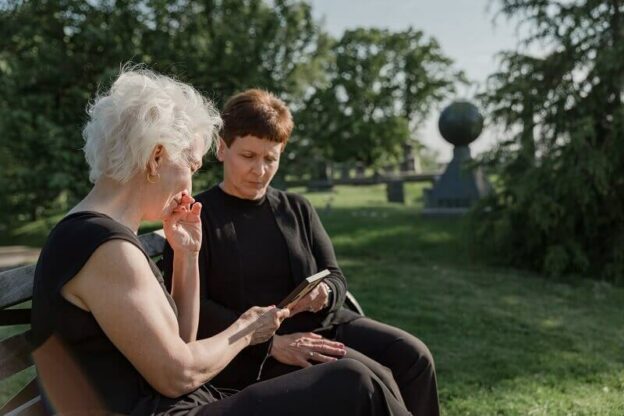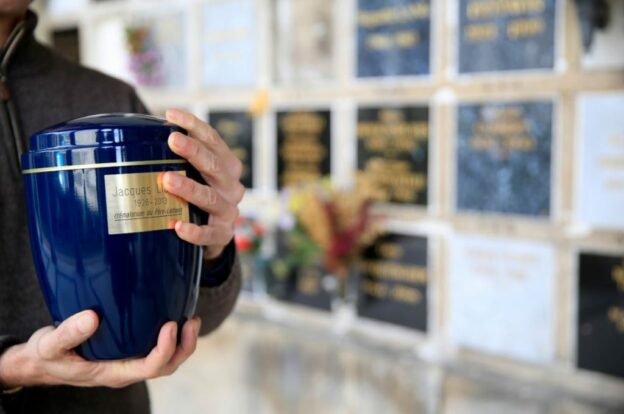Inhibitive grief is what happens when you don’t face the loss of a loved one after their service at a funeral home in Oakland, CA. Though it seems shocking, inhibitive grief if very common and it can lead to a variety of emotional and physical issues if its left unaddressed. Here is more about inhibitive grief, why it happens, and what you can do about it:
- How does inhibitive grief happen? You might end up with inhibitive grief if you put your focus and energy into distractions instead of working through the loss and how it makes you feel.
- How do you know you have inhibitive grief? People with inhibited grief often show very few outward signs of mourning, but instead begin to experience physical symptoms that are an outward manifestation of their pent-up emotions. Some of the symptoms of inhibitive grief are muscle tension, insomnia, lack of appetite, depression, anxiety, nightmares, and digestive problems. These issues will only worsen if you continue to ignore your grieving.
- What’s the difference between inhibitive and delayed grief? Inhibitive grief is when you ignore the loss because facing it is too painful or too hard. Delayed grief is when you don’t feel the pain of loss right away, often because you suffered another loss right before and are therefore distracted, such as when you lose and loved one and then your job. You might not feel the pain of losing your job right away because you’re already grieving the loss of your loved one.
- Why does traumatic loss often lead to inhibitive grief? If you lose a loved one in a traumatic, sudden way, processing the loss might simply be too much for you. So, instead of talking about it, facing it, or otherwise accepting the loss, you push it away. But traumatic grief is hard enough without adding the pain of leaving it unresolved.
- Why are some people more likely to experience inhibitive grief? In some families, it is a sign of weakness to cry or show emotions. If you grew up this way, you were trained to hold in your emotions and not feel the pain of loss. This will therefore make you more susceptible to inhibitive grief.
- Can you have inhibitive grief over losses beyond death? Grief can happen after any kind of loss, whether that means a death, move, job loss, divorce, or any other event that causes change in your life.

No matter how or why you’re experiencing inhibitive grief, you must remember that you are not alone. Grief is a universal emotion. We have all gone through grief at some point, even if we all do it differently. Moving forward from your grief is important so that you can begin to heal. You’ll never forget, but you can move forward, grow, and learn to live again. We are here to help if you want more information on types of grief or Oakland, CA funeral homes. Call or visit us today.














